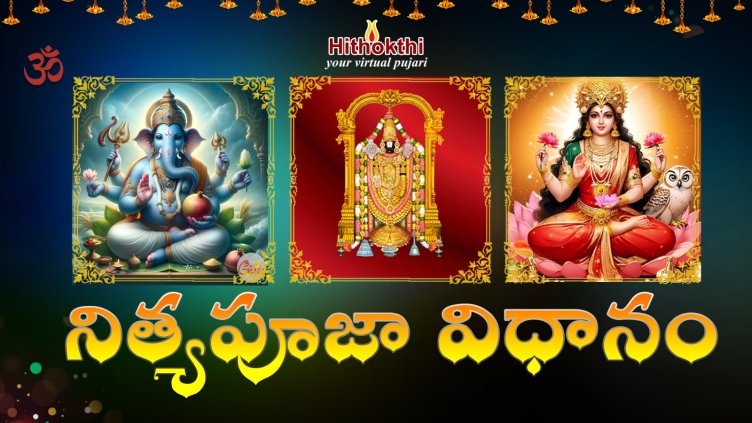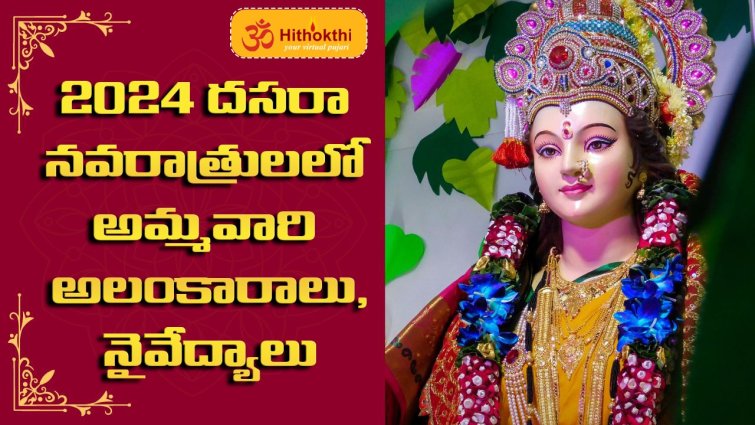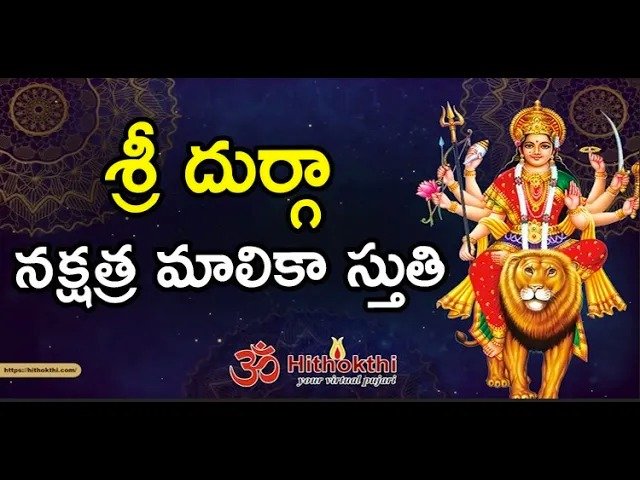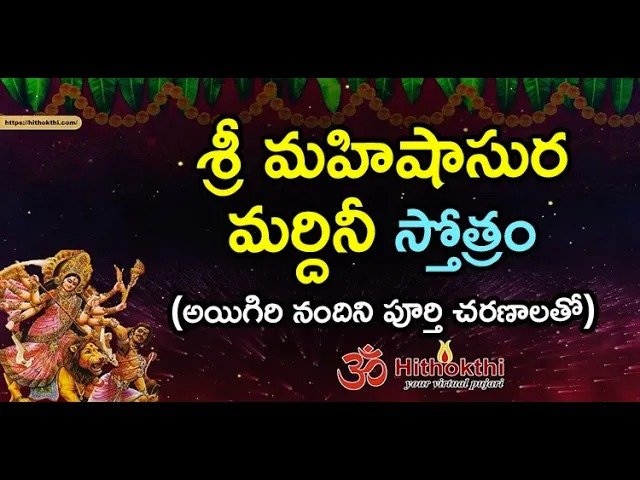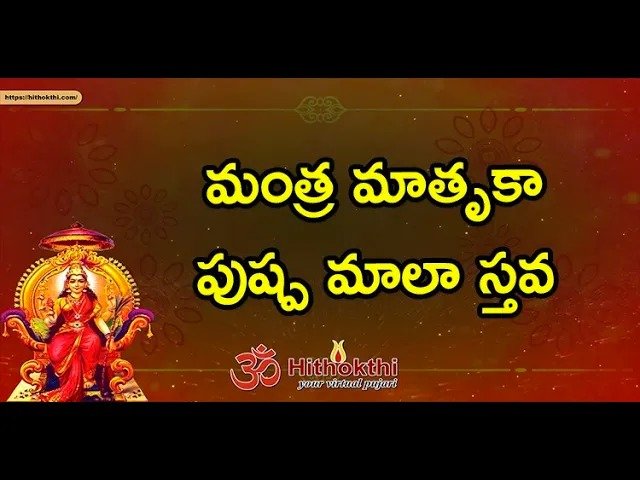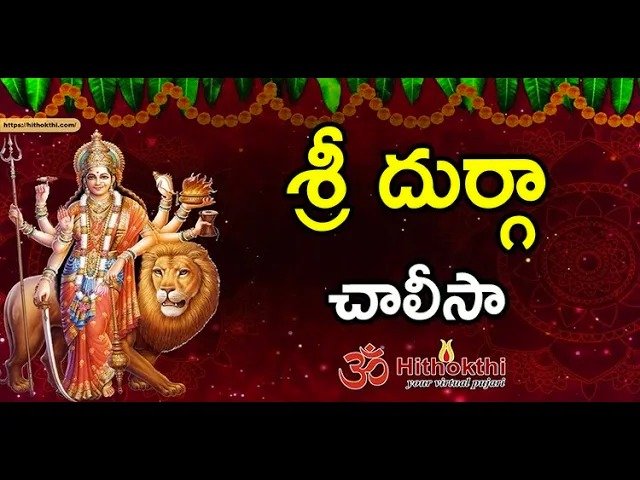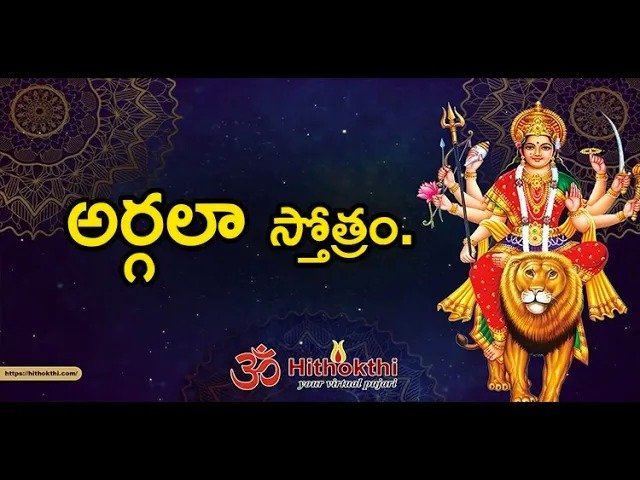Easy Way to Moksha
Chennai, June 26, 2013: The Vedas cannot be mastered even after years of study. It is said that sage Bharadwaja studied them for 100 years and at the end, when Indra asked him what boon he wanted, he said he wanted another 100 years of life to master the Vedas completely. This was granted, but at the end of the additional 100 years, the sage again asked for another 100 years to study the Vedas more completely.
Fistful of mud
Indra then made three hills appear before him and picked up a fistful of mud from them. He told the sage that the latter’s knowledge of the Vedas was akin to a fistful of soil from huge hills.
In other words, the sage would never be able to master the Vedas. So knowledge cannot be our path to reach God, given the limitations of most people, Valayapet Ramachariar said in a discourse.
Bhakti yoga is very demanding too. Even if we resort to it, we must face the fruits of our prarabdha karma, before attaining moksha. The story is told of a sage who did penance under a tree.
A bird on the tree sullied him with its droppings. Angered, he looked up and the bird was burnt to ashes. The sage then visited a house for biksha. The lady of the house took her time in bringing him the handful of rice he sought. So he glared angrily at her.
The lady said, “Did you think you could burn me by your glance, as you burnt the bird?”
The sage wondered how she could have known of this incident when there were no witnesses to it. She said for an answer he would have to go to Dharmavyadha.
When the sage visited Dharmavyadha, the latter asked him if a certain lady had sent him.
The story of Dharmavyadha shows that knowledge can exist in the most humble of people. But why had Dharmavyadha not attained liberation, considering his knowledge and dedication? He had the requisite knowledge and bhakti, but he had not resorted to surrender (saranagati).
That meant, he would have to be born until he had got rid of the effects of prarabdha karma.
Thus saranagati is the quick and easy way to moksha, without need for any further birth.
Source: The Hindu, DT. June 26, 2013.

